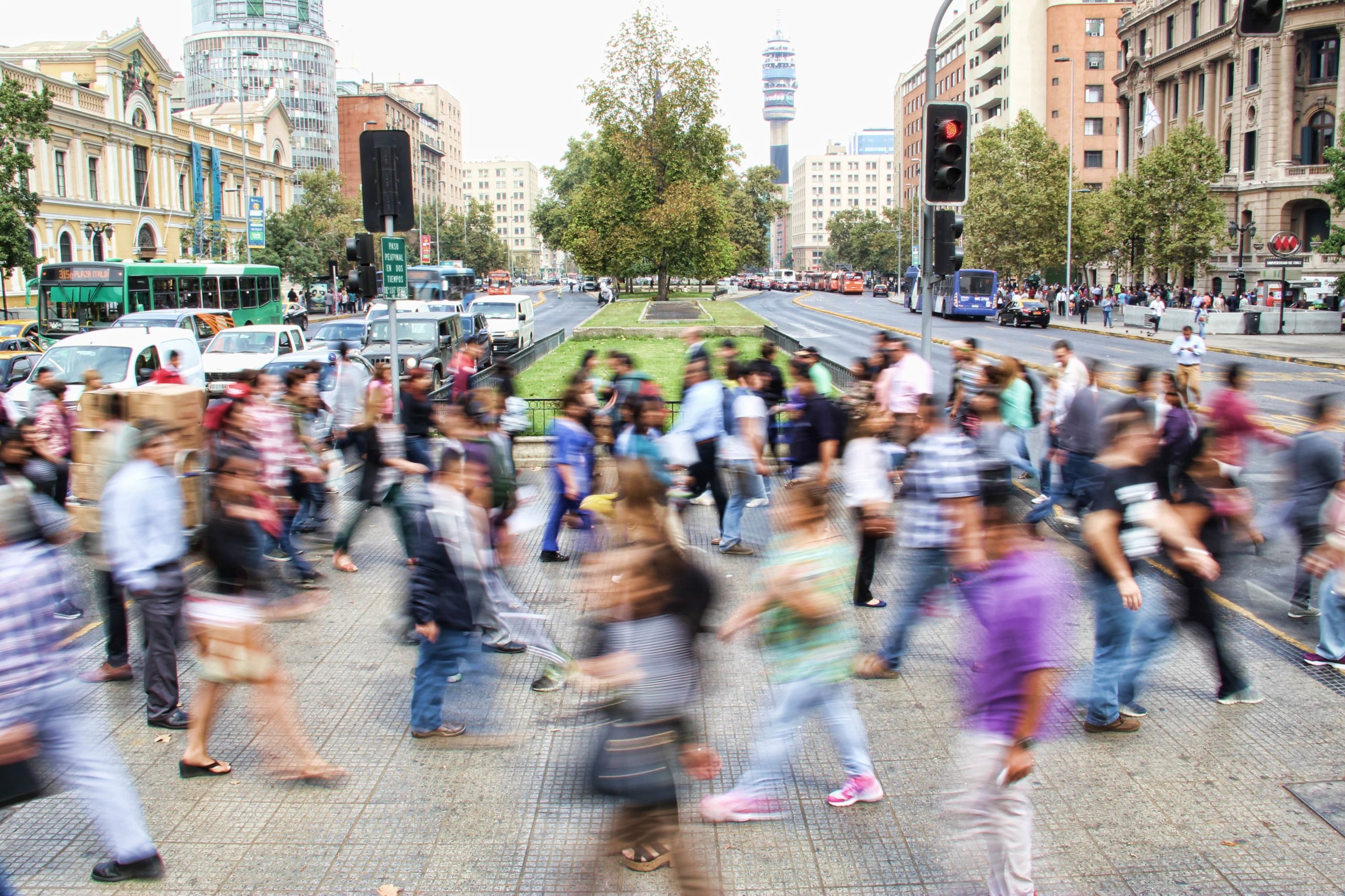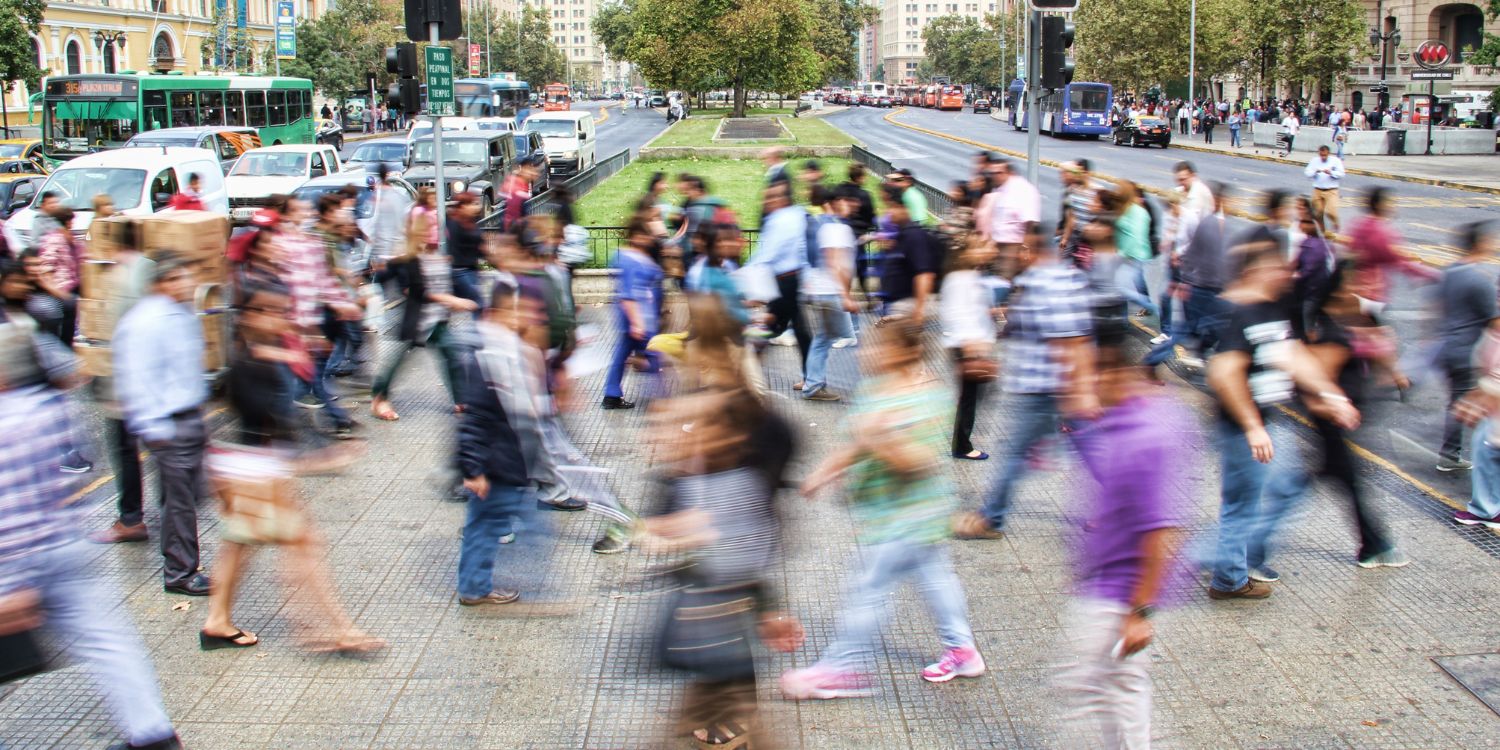Earth Has 8 Billion People As Of 15 Nov, Rate Of Growth Slowing
Earth is now officially home to over eight billion people, announced the United Nations (UN) on Tuesday (15 Nov).

Source: Mauro Mora on Unsplash
In a statement, the UN said this is a milestone in human development. Improvements in public health have lowered the risk of death and increased life expectancy, allowing the human race to grow.
However, UN Secretary General António Guterres said, “Unless we bridge the yawning chasm between the global haves and have-nots, we are setting ourselves up for an eight-billion-strong world filled with tensions and mistrust, crisis and conflict”.
Earth has 8 billion people now as of 15 Nov
On Tuesday (15 Nov), the world’s population exceeded the eight-billion milestone.
Even though it took about 12 years for the world population to grow from seven to eight billion, the growth rate is apparently slowing down.
The UN projects it will take about 14.5 more years before the world population increases by another billion. This is slated to happen in 2037.
From there, the population is expected to peak at around 10.4 billion people in the 2080s. It is then projected to stay at those levels until 2100.
The UN reported that of the one billion people most recently added to the world population, about 70% were from low-income and middle-income countries.
Moving forward, these groups of countries are projected to account for over 90% of the growth that will bring the world population from eight billion to nine billion.
According to the UN, two-thirds of the world’s population now lives in a “low fertility context” where the lifetime fertility rate lies below 2.1 births per woman.
Meanwhile, population growth has become “increasingly concentrated” among the poorest countries, most of which are in sub-Saharan Africa.
India to overtake China for most populated country
Most of the population growth reportedly stems from Asia and Africa, both of which are expected to drive the ‘next billion’.
Interestingly, as of 2022, over half the world’s population live in Asia. The region has gained some 700 million people since 2011, reports The Straits Times (ST).
The biggest contributors to this are India and China, both with populations of about 1.4 billion people.
But China’s population is no longer growing and may decline as early as 2023.
India, which is still growing at 0.7% a year, is set to surpass China as the world’s most populous country.
Shared responsibility in protecting people & earth as population hits 8 billion
Beyond the numbers, Mr Guterres said this is also a clarion call for humanity to meet its shared responsibility of protecting people and the planet. This should start with those who are most vulnerable.
He warns that unless the chasm between global haves and have-nots is met, we are setting ourselves up for a world filled with tension, mistrust, crisis, and conflict.
According to CNN, experts shared that rapid population growth, coupled with climate change, is also likely to cause mass migration and conflict in the future.
As the world’s population grows and resources get increasingly scarce, a shift in consumption patterns may also become more vital than ever.
At the same time, African nations, which populations are expected to boom, are among those most vulnerable to climate change.
The UN said there is a need to mitigate the world’s challenges and achieve sustainable development goals while prioritising human rights.
This requires increased investment from member states.
Donor governments are also needed in policies and programmes that work to make the world safer, more sustainable, and more inclusive.
Have news you must share? Get in touch with us via email at news@mustsharenews.com.
Featured image adapted from Mauro Mora on Unsplash.








